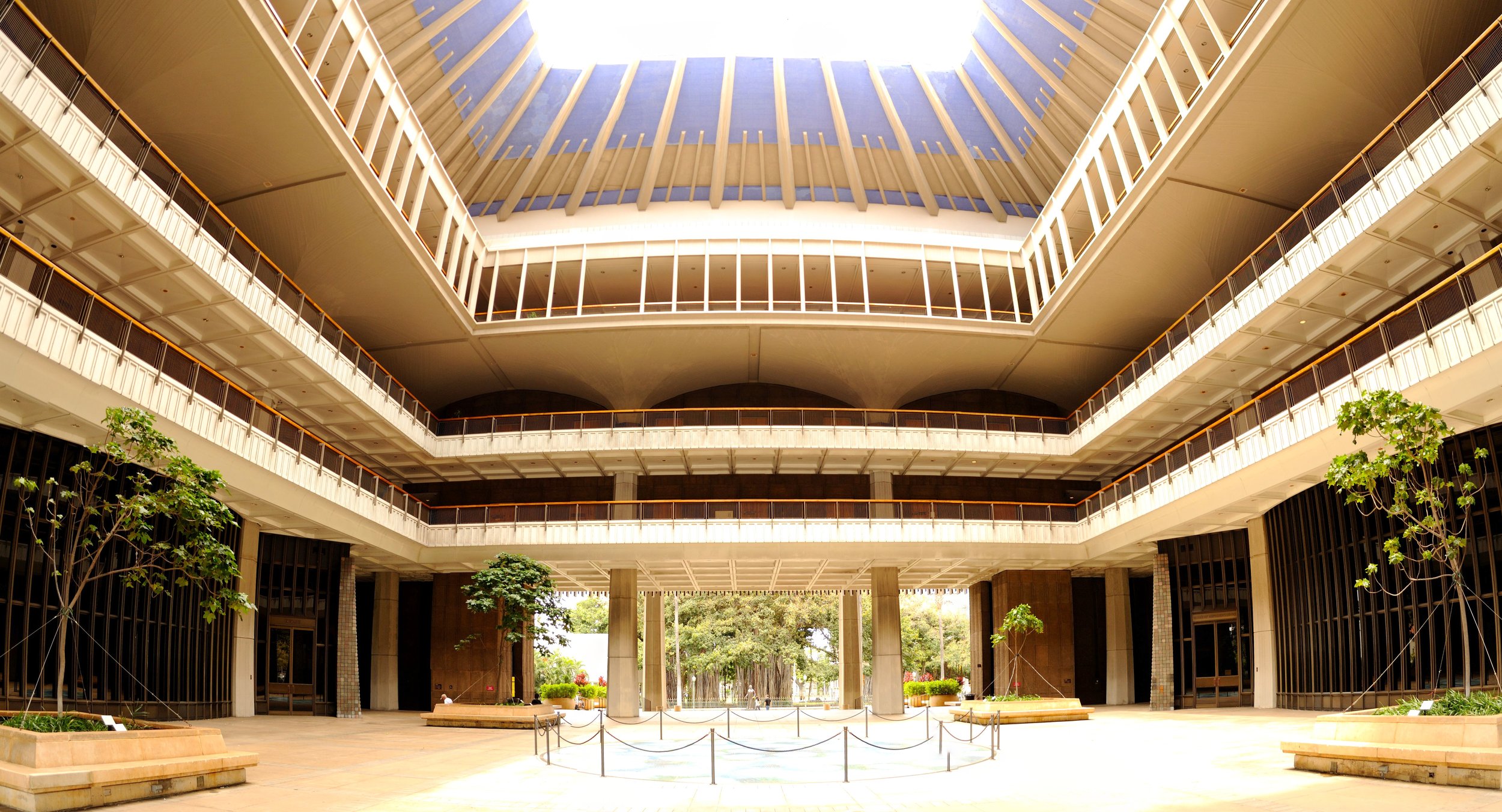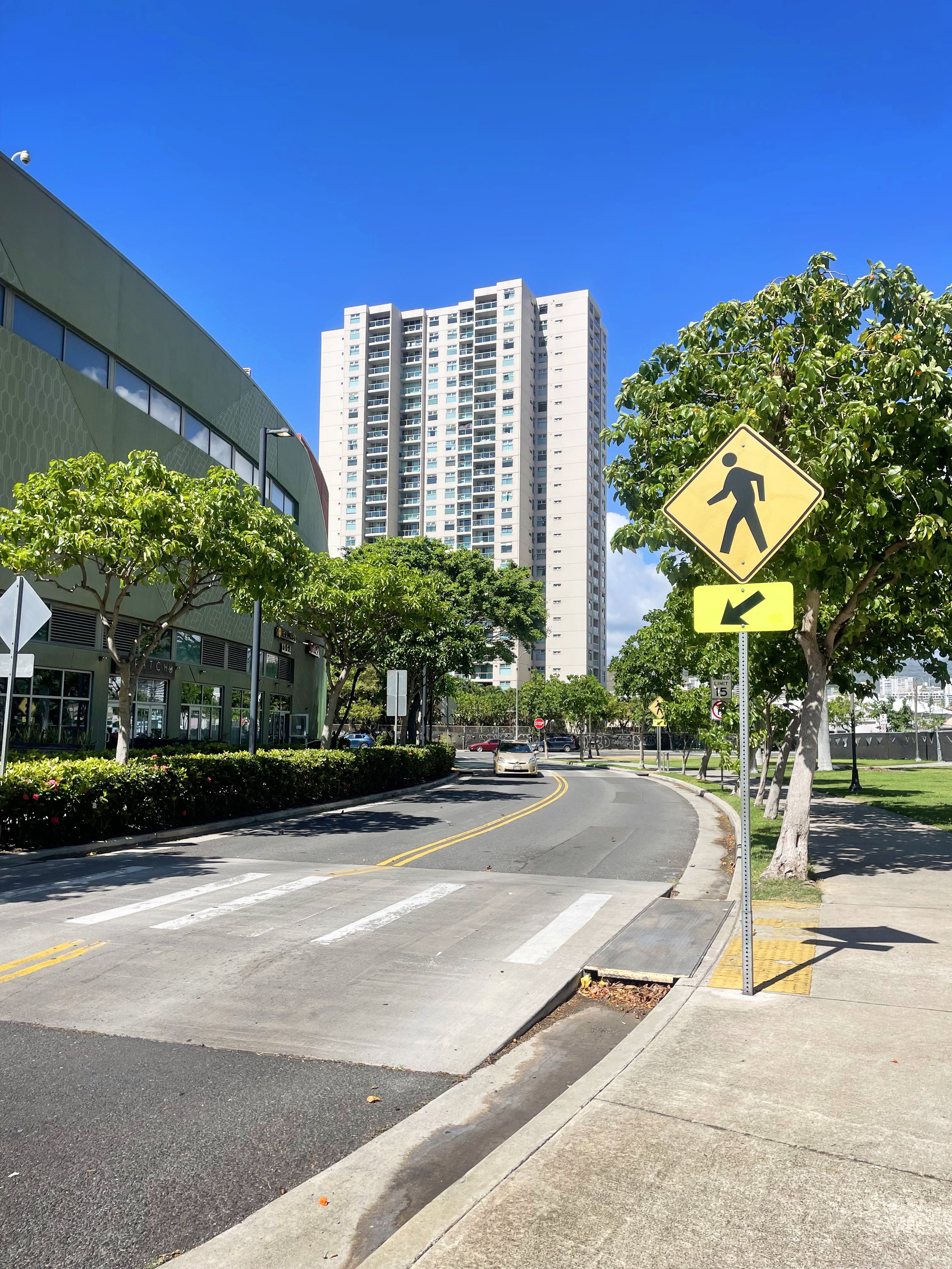
The great Skyline adventure: Hawaiʻi Appleseed tests the walkability of areas around rail stops
Success will require partnership across state and county lines, but the goal is shared: turning the areas around rail lines and high capacity bus routes into places where people can live, work and meet daily needs without the necessity of getting back into a car.

Hawaiʻi’s costly tax shift: How a billion-dollar cut threatens public services
The choice before us is whether we will allow a billion-dollar annual loss to erode our common foundation, or whether we will act to preserve it—for every family, and for generations to come.

Ditch the equity cap: How to make “locals-only” housing actually work
When outside demand is effectively infinite, deed restrictions that focus on creating a diverse resident-owner base across multiple housing types—rather than just capping prices—do more to shift the market toward locals than any single “affordable” building will.

A turning point for SNAP: Strengthening local supports for Hawaiʻi households
Hawaiʻi has an opportunity to build a more resilient, community-driven food system—one that protects families regardless of federal uncertainty.

Keiki Ride Free: Building a more connected Hawaiʻi
By removing financial barriers to public transit, Hawaiʻi can empower young people to participate fully in their communities, while easing family costs and supporting climate goals.

Implementing a just cause eviction framework would benefit both tenants and landlords in Hawaiʻi
While Just Cause Eviction laws are often viewed primarily as a tenant protection, they’re really about establishing a clear, consistent set of rules to protect both landlords and tenants.

A path to more affordable housing: Rethinking county rules
County governments control what gets built through zoning, and through lengthy discretionary approvals. Both levers have historically been used to restrict supply.

Transformative change meets budget realities—a central lawmaking tension plays out in two new reports
Policy in Perspective 2025 and the Hawaiʻi Budget Primer FY2025–26 provide a compelling—and sometimes sobering—look at how Hawaiʻi invests, and often under-invests, in its communities.

Can Hawaiʻi afford to cut the grocery tax?
Any proposal to reduce or remove the GET on food must be paired with a credible plan for replacing the revenue. It’s a challenge, but also an opportunity to build a fairer and more sustainable system.

Proposal to raise transit fares will hurt Oʻahu riders
Increasing transit fares while household budgets are already stretched thin risks pushing out the very riders who rely on TheBus the most while decreasing ridership and revenue.

Hawaiʻi already has the tools to create a locals-only housing market; we just need to use them
Whether buying a first home, renting, or selling within the community, local people should have the advantage. Housing should function as a home—not as a global commodity.

Powered by the people: How Hawaiʻi Appleseed’s community-first focus can create change—with your help
When we put people first, it means our policy proposals come from the community—which is essential to turning those proposals into law.

The chilling effect: How federal cuts and immigration crackdowns threaten food security in Hawaiʻi
The mega budget bill that Congress recently passed narrows who can access critical programs like SNAP and Medicaid, while fueling fear and confusion about who can safely apply for assistance in the wake of increased immigration enforcement.

We need to talk about inclusionary zoning
Inclusionary Zoning is a band-aid solution to a crisis that demands major surgery. It’s time to confront why this policy hasn’t worked—and what we should do instead.

Incoming federal tax cuts will heavily favor Hawaiʻi’s wealthiest residents
The State of Hawaiʻi has an obligation to shore up its revenue through tax policies that make the wealthiest among us pay their fair share.

How looming Federal cuts could impact housing in Hawaiʻi
If enacted, these cuts would gut rental assistance, eliminate key affordable housing development programs and slash funding for homelessness services.

For a healthier, happier Hawaiʻi, transportation spending must prioritize bicycle and pedestrian infrastructure
Investing in the Safe Routes to School fund is a critical step in transforming our transportation system to meet the needs of all residents—pedestrians, cyclists and drivers alike.

Hawaiʻi’s 2025 legislature focused on raising tax revenue to prepare for federal cuts
Assessing a proper tax rate on corporations and the wealthy will be necessary to produce a budget that can fund critical safety net programs and investments in our future.

Transformative housing bills went nowhere this legislative session, but small wins keep hope alive
With federal cuts looming and home prices still climbing, the stakes have never been higher. One thing is clear: Hawaiʻi’s families can’t afford another session of half-measures.

Building a better path to success for Hawaiʻiʻs Keiki
Hawaiʻi’s 2025 legislature boosts safe routes to school and student transportation.
